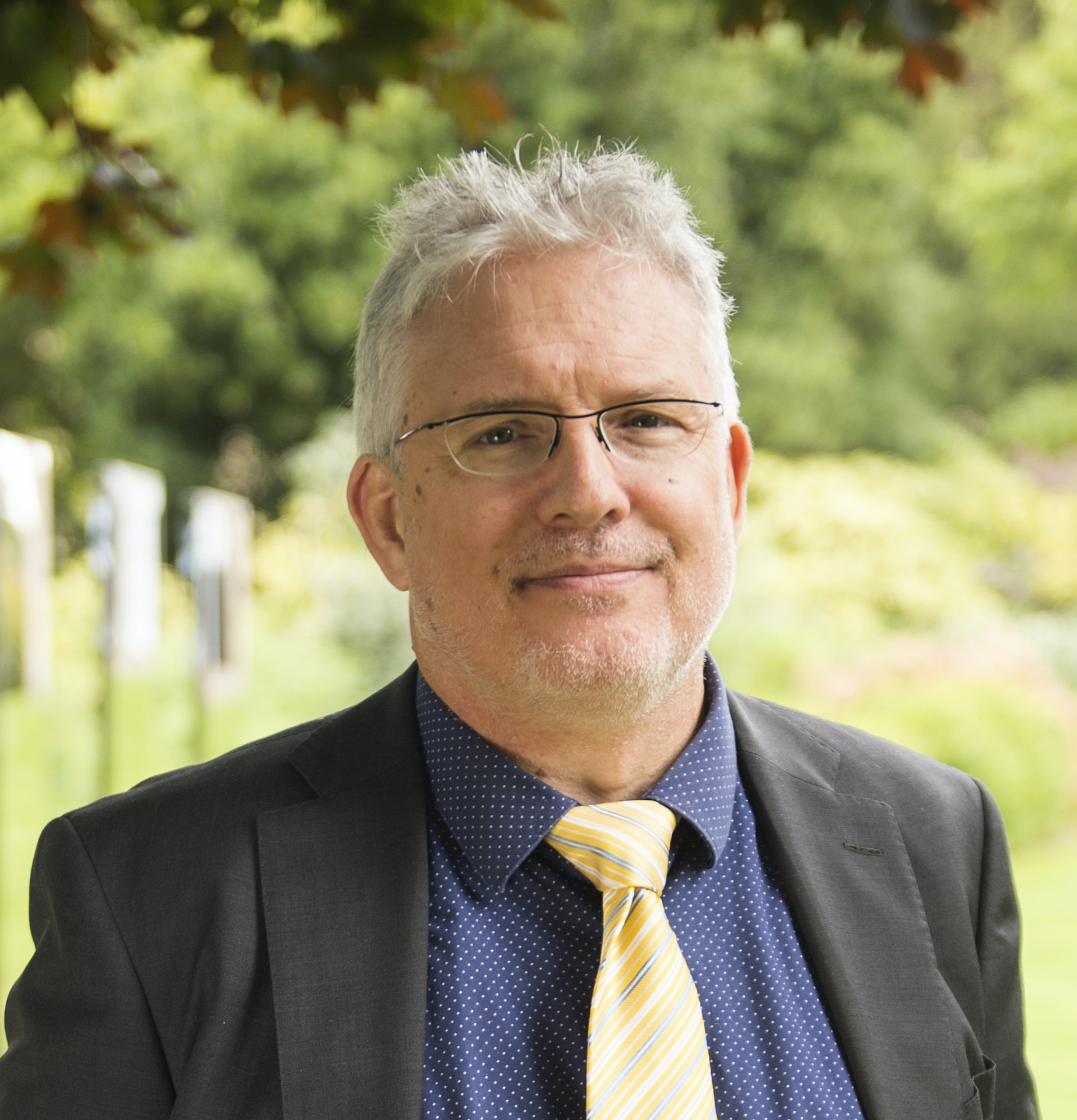| Michael E Mann at the Cabot Institute, 23 September 2014. Image credit: Amanda Patterson. |
As Professor Michael E Mann said at his Cabot Institute Lecture on Tuesday 23 September, you won’t find scientists at conferences or in peer-reviewed publications debating whether or not global warming is happening. Professor John Cook’s recent talk highlighted the scientific consensus; 97% of climate scientists agree that global warming is mostly man made. Despite this, Mann’s talk focussed on his experiences in the centre of “the climate wars”.
Mann is well-known in climate science for producing the “hockey stick” graph, depicting the mean annual temperatures over the past 1000 years. The graph is pretty flat until 1900, followed by a very sharp increase in global temperatures to a peak in the late 1990s when the report was published. The recent IPCC findings suggest that if we carry on as we are, we’re looking at a ~4°C increase in global temperature, which could have devastating effects all over the world. As Mann said, that describes a very different planet to the one we know today.
We need to act now, but what Mann calls the “scientisation of politics” is holding back policymakers around the world. He has personally been the target of a few politicians and other groups hoping to discredit the science by casting doubt on his work. In the 2009 ‘Climategate’ scandal, over 1000 e-mails from the University of East Anglia climate scientists were hacked and published online, just before the important UN Climate Change Conference in Copenhagen. Words and specific quotes were taken out of context and spread through the media, which Mann believes was timed to distract delegates in Copenhagen from the major issue of mitigating global warming. In total, 17 climate scientists were caught up in Climategate, but several investigations found that their science was sound and none of the scientists had been fudging their data or misleading anyone about their findings.
Mann has been under attack for many years, which scares me as a scientist. Calls from politicians and other groups have led to him being investigated several times, however he has always been found innocent and his science is sound. Several scientific groups have criticised this intimidation tactic of climate researchers. I cannot imagine spending several years having my name dragged through the mud for no reason just to further someone else’s political agenda, but I am grateful to Professor Mann for standing up to the climate bullies and continuing to push the important findings of his work. The planet is warming and a big part of it is our fault. The sooner the public comes to a climate consensus, the sooner we can move forward, and if we want to keep the temperature increase to below 2°C, we’d better act now.
Please watch the recording of the lecture to learn more about the Climate Wars.
This blog is written by Sarah Jose, Cabot Institute, Biological Sciences, University of Bristol


